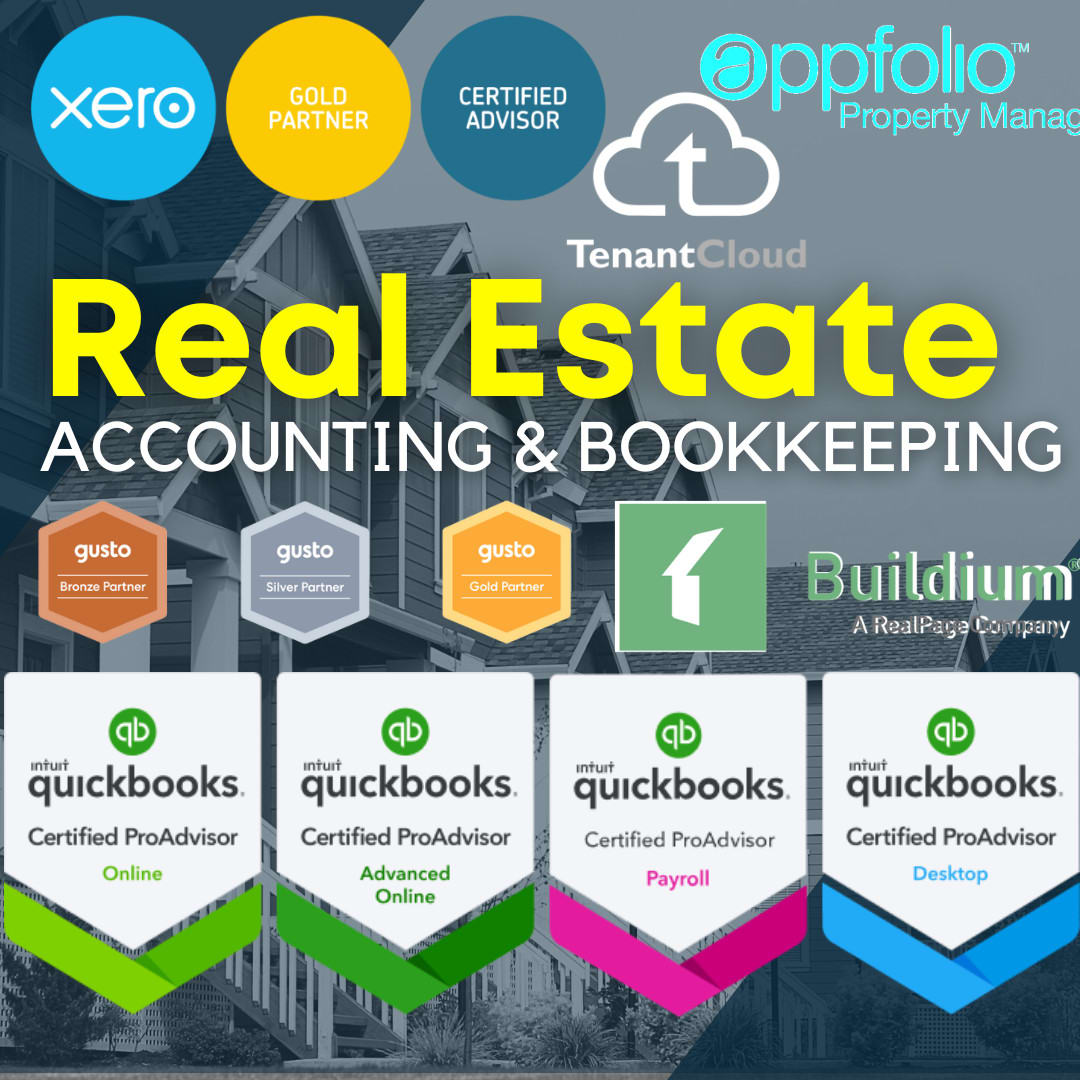Expert Strategies for Construction Accounting and Avoid Costly Mistakes
Comprehending the Significance of Building Accounting in the Building And Construction & Property Sector
In the building and construction and property market, the value of construction accountancy can not be overemphasized; it functions as a cornerstone for achieving economic success and functional efficiency. By employing careful job price monitoring and tactical capital monitoring, firms can deal with the unique challenges positioned by complicated tasks. Moreover, the ability to maintain transparency and guarantee regulative conformity plays an important function in cultivating reliability and competitive benefit. Yet, regardless of its importance, lots of organizations ignore important techniques that can improve their financial efficiency. Checking out these nuances reveals critical understandings that can improve how sector gamers approach their monetary management methods.
Secret Concepts of Building And Construction Audit
Comprehending the unique financial landscape of the construction sector requires a firm understanding of crucial concepts of building and construction accounting. Construction CPA Accounting Firm. At its core, construction audit differs substantially from conventional accountancy methods because of the complexities intrinsic in project-based operations. One fundamental principle is work setting you back, which involves tracking all expenses associated with specific jobs. This allows service providers to assess earnings precisely and take care of budgets efficiently.
One more important principle is making use of progression payment, which enables contractors to obtain settlements based upon the portion of job completed. This approach helps keep capital throughout the job period, necessary for operational stability. Furthermore, understanding profits recognition is crucial; the percentage-of-completion approach is frequently utilized to straighten income with task milestones, mirroring the job's financial reality.
In addition, building and construction accounting stresses the significance of exact projecting and budgeting, as jobs usually expand over several months or years. Efficient job administration tools and software can assist in keeping an eye on financial efficiency, making sure that all stakeholders have presence into the project's monetary wellness. Understanding these principles outfits building and construction firms to browse their special financial challenges and enhance their operational efficiency.
Challenges Distinct to Building And Construction Jobs
What difficulties do building and construction jobs face that established them besides other sectors? One significant difficulty is the intrinsic complexity of building jobs, which often include several stakeholders, consisting of specialists, subcontractors, vendors, and clients. Each party might have various priorities and timelines, leading to coordination problems that can influence project shipment.
In addition, construction jobs are vulnerable to fluctuations in material costs and labor availability, which can disrupt budget plans and timetables. Weather likewise pose an one-of-a-kind challenge, as unanticipated delays can bring about raised costs and expanded timelines. Furthermore, regulatory conformity and allowing procedures differ by region, adding an additional layer of intricacy that must be browsed very carefully.
An additional unique hurdle is the task lifecycle, characterized by phases such as style, closeout, building and construction, and procurement. Each stage needs precise planning and financial monitoring to make sure source allowance aligns with task objectives. The capacity for modification orders and extent modifications even more complicates financial administration, demanding durable bookkeeping methods to maintain profitability.
Finally, the sector regularly comes to grips with capital issues, as payments are usually contingent upon job landmarks. This can stress funds, making reliable construction audit essential to conquering these obstacles.

Benefits of Accurate Financial Tracking
Precise financial you could check here tracking functions as a foundation for successful building project management, especially in light of the distinct challenges dealt with by the market. By keeping precise financial records, building and construction firms can boost decision-making processes, allowing managers to assign sources efficiently and respond quickly to monetary constraints.
Among the vital benefits of accurate economic tracking is enhanced money flow monitoring. Recognizing when cash is due from clients and when repayments to vendors are needed aids avoid cash scarcities, making sure projects remain on schedule. Furthermore, it enables firms to identify disparities early, minimizing the danger of budget overruns.
Additionally, exact economic data helps with reliable project projecting. By assessing previous financial efficiency, business can make educated estimates for future projects, reducing the likelihood of unanticipated prices. This foresight likewise assists in establishing affordable proposals, as firms can offer more accurate rates to customers.
Finally, exact economic tracking enhances conformity with governing needs and contractual responsibilities. By systematically recording profits and expenses, construction companies can quickly generate needed records for audits, securing themselves versus prospective legal conflicts. In summary, precise economic monitoring is important for cultivating economic stability and advertising long-term success in the building and construction industry.

Vital Tools and Software
Just how can building business efficiently manage their economic data in a significantly complicated landscape? The response lies in leveraging necessary tools and software customized to the special requirements of the building and realty market. Building and construction accountancy software gives robust remedies for monitoring costs, managing budgets, and producing economic records. By using committed systems, firms can improve their audit procedures and ensure compliance with market policies.
Popular building and construction accounting devices, such as Sage 300 Building and Real Estate, Viewpoint View, and copyright Contractor, deal features that assist in project-based accounting. These systems make it possible for real-time monitoring of job costs, pay-roll processing, and invoicing, permitting greater financial visibility and control. Additionally, cloud-based options supply the benefit of remote gain access to, making certain that stakeholders can work together successfully regardless of their place.
Integrating project administration software program with audit devices further improves operational effectiveness. This integration permits seamless information sharing, decreasing the chance of errors and enhancing decision-making. Ultimately, selecting the appropriate mix of important devices and software program is crucial for building companies intending to enhance their monetary administration and sustain growth in an affordable market.
Ideal Practices for Building Accountancy
Efficient monetary administration in building and construction accounting rests on the execution of ideal methods that foster precision and transparency. One core principle is the utilization of specialized building and construction audit software, which streamlines processes such as job, payment, and pay-roll setting you back. This technology not only reduces errors yet also enhances reporting capabilities.
Another important practice is preserving meticulous paperwork. Keeping detailed documents of contracts, change orders, and billings makes sure that all deals are deducible and proven. When disputes arise., this level of paperwork is specifically crucial throughout audits or.
Normal financial evaluations and settlements also add substantially to navigate to this website effective building accountancy. By frequently contrasting real prices to allocated quantities, companies can determine variations promptly and adjust their methods appropriately. Developing a clear chart of accounts tailored to the certain needs of the building industry more help in organizing read what he said monetary information, enabling for more insightful analysis.
Final Thought
To conclude, building and construction audit acts as an important component in the building and realty sector, promoting effective monetary management and task success. By sticking to vital principles and using important tools, firms can navigate the distinct obstacles of building and construction tasks while profiting of exact financial monitoring. Carrying out ideal techniques not just enhances profitability and capital administration yet also guarantees compliance with regulatory standards, eventually promoting sustainable growth within a competitive landscape.

In the construction and genuine estate market, the importance of construction accounting can not be overemphasized; it offers as a foundation for achieving financial success and functional effectiveness.Understanding the unique economic landscape of the construction industry requires a strong grasp of key concepts of building accounting. In recap, precise financial tracking is crucial for promoting monetary stability and promoting long-lasting success in the construction sector.
